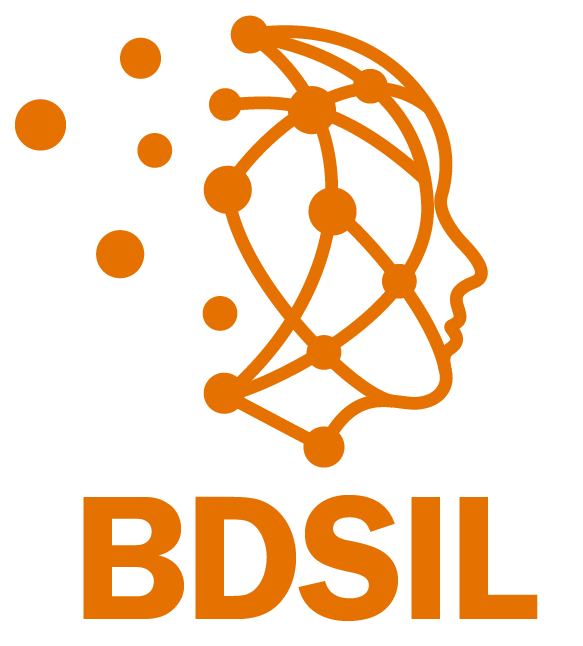BDSIL: Building a Career Path on Collaboration - A Panel Discussion
The Biomedical Data Science Innovation Lab (BDSIL) program, based at the University of Virginia, offers its specially-selected participants a unique and immersive experience at the intersection of biomedical research and data science. Through a combination of online seminar lectures, hands-on project development, and mentorship from leading experts in the field, BDSIL participants develop Team-based projects aimed at tackling complex challenges in biomedical research and healthcare. Through an open discussion, hosted by BDSIL Director, Jack Van Horn, we seek to highlight the experiences of past participants and hear directly from them on how the BDSIL has impacted their collaborative research activities. The intent of this panel discussion involving past participants of the BDSIL is to provide current and future participants with valuable insights, perspectives, and advice based on lessons-learned on the development of team-science projects. Furthermore, our panelists will share insights into the broader impact of the BDSIL program on their academic and professional lives, including any new collaborative research projects, publications, or other partnerships which may have stemmed from their participation in the program. They will reflect on the skills, knowledge, and perspectives they gained from their BDSIL experience and how these have influenced their collaborative contributions to the field of biomedical data science. Don’t miss it!
.
Dr. Yang Chen is an Assistant Professor at the Department of Statistics at the University of Michigan and a research assistant professor at the Michigan Institute for Data and AI in Society (MIDAS). She got her Ph. D. in Statistics at Harvard University in 2017 and B. Sc. in Mathematics at the University of Science and Technology of China in 2011. Her research is focused on statistical methodology and computational algorithms motivated by scientific applications, especially in astronomy, space, and climate sciences.
.
Dr. Arjun Dirghangi is an Assistant Professor of Ophthalmology and Glaucoma Fellowship Director at the University of Virginia School of Medicine, specializing in glaucoma, international ophthalmology, and minimally invasive glaucoma surgery. He engages in interdisciplinary translational research focusing on leveraging big data, artificial intelligence, and telemedicine to improve glaucoma diagnosis, treatment, and public health outcomes. Dr. Dirghangi is the founding director of UVA's Sight Outcomes Research Collaborative (UVA-SOURCE), leads a 29-site diabetic retinopathy screening (DRS) network throughout the Commonwealth of Virginia, and leads multiple grant-funded projects in collaboration with the Department of Public Health Sciences and School of Data Science aimed at enhancing vision care access and developing novel diagnostic tools for underserved populations.
.
Dr. Susan H. Fenton is the Dr. Doris L. Ross Professor and Vice Dean for Education at the UTHealth Houston McWilliams School of Biomedical Informatics, where she manages their certificate, masters, and doctoral programs. Her current research is focused on workforce development and the optimization of HIT, including AI, to improve chronic and preventative care.
.
Dr. Katherine Thompson is an Associate Professor of Statistics at the University of Kentucky. Dr. Thompson's research interests include the application of statistical methodology to biologically-relevant topics in statistical genetics and bioinformatics. More recently, she has been developing statistical methods to identify interaction effects in big data, with particular interest in biomedical applications, including cardiovascular diseases and multiple sclerosis, among others.
